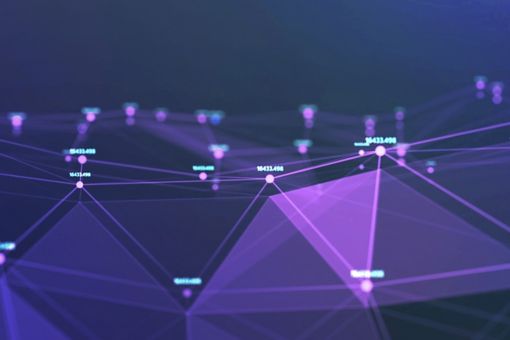Generative AI, the next generation of artificial intelligence, has the potential to be the most disruptive technology since the internet. The resulting changes will impact the data-intensive tax function sooner than most other areas. The skills and expertise of tax professionals combined with GenAI tools are a key success factor for the transformation of tax processes in the near future.
Generative AI: a paradigm shift in taxation
The areas of application of artificial intelligence to date have mainly been in automation, for example the recording and checking of VAT data from incoming invoices. Generative AI makes much more possible: based on pre-trained models, the use of appropriate tools makes it possible to create new content. Thanks to its flexibility and speed, the technology is suitable for a far greater variety of use cases and thus opens up new fields of application. It has the potential to increase efficiency and productivity, improve decision-making processes and develop innovative solutions for challenges in the tax sector.
Beyond chatbots: the transformative power of generative AI
Generative AI offers much more than the familiar chatbot applications that have been popularised by platforms such as ChatGPT. Typical use cases in which chatbots provide valuable services are, for example, the management of guidelines and work instructions or the ad-hoc analysis of contracts. Generative AI only realises its true potential when it is integrated into business processes. Here, it not only improves automation, but also increases quality and efficiency. One of many fields of application is, for example, integration into the process for creating and updating transfer pricing documentation.
Chart (in German only)

Robert Regendantz
Partner, Tax Transformation
KPMG AG Wirtschaftsprüfungsgesellschaft
Christian Stender
Partner, Chief Technology Officer Tax
KPMG AG Wirtschaftsprüfungsgesellschaft
Diverse use cases in the tax business
The range of possible applications in the area of taxes is broad. GenAI makes it easy to utilise digital knowledge and data for everyday tasks. In addition to "generic" capabilities, proprietary data can be integrated to perform specialised tasks.
Generative AI thus enables the automation of routine activities and provides quick access to comprehensive knowledge resources. Tax experts gain time for value-adding and strategic tasks.
Chart (in German only)

Our offer for your departure into the future of taxation
The world of taxes is being reshaped by generative AI. We support companies with technical and technological expertise in analysing which tasks are worth using generative AI for and which specific opportunities are available. In workshops, we teach skills and methods for using generative AI, provide insights into current developments and develop pragmatic implementation strategies. With concrete use cases and live demonstrations, we make the functionality of generative AI tangible and show the opportunities of this technology for classic business processes in a very practical way. Generative AI is one of the most exciting developments of recent decades - talk to us.
Generative AI in your control function: recognising and successfully implementing use cases
How can generative AI be used effectively in the tax department? Robert Regendantz, Partner and AI Lead Tax at KPMG, shows in the video how relevant use cases can be identified, prioritised and implemented - for greater efficiency and relief in day-to-day business.
KPMG Digital Gateway – an ideal platform for the use of GenAI tools
The use of GenAI tools is particularly easy via our Digital Gateway platform. It enables centralised access to the entire spectrum of our technological solutions, but also beyond that. The integration of a GenAI-based tax assistant in Digital Gateway helps you to master business challenges efficiently, use data to create value and optimise (tax) processes.
Proactive handling of risks
Generative AI requires responsible, ethically correct and legally compliant handling. The following aspects should therefore be taken into account when implementing appropriate solutions:
- Ethics and regulation: Ensure proper and ethical use.
- Data control: Careful data control is essential, for example to avoid risks that may arise from incomplete or outdated tax law data in the AI model.
- Accuracy: Ensuring the precision and reliability of AI-generated data to avoid misinterpretation and incorrect decisions.
- Checks: Information generated by generative AI must be validated to minimise errors.
- Data protection and confidentiality: Information generated by generative AI must remain in protected environments to ensure data protection and confidentiality.
Chart (in German only)









